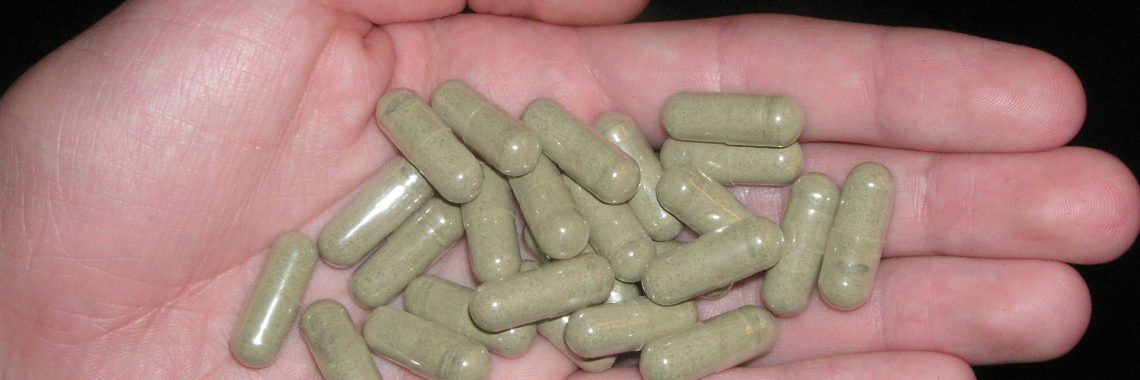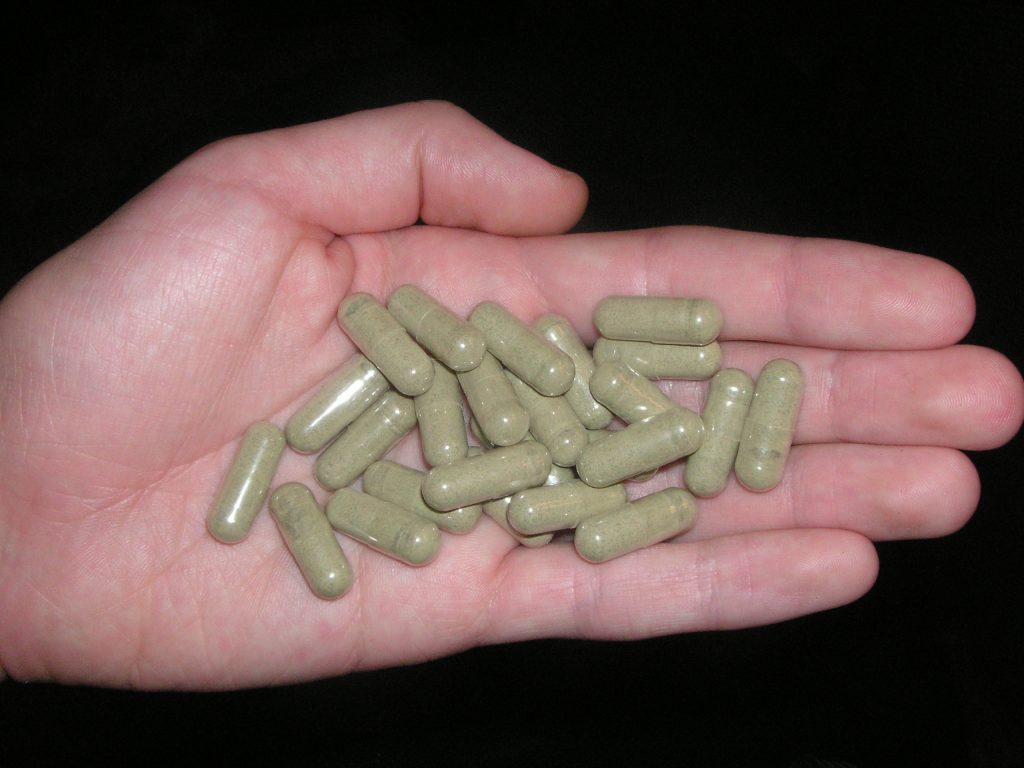Arkansas A.G. Discusses Abortion Drugs, Shield Laws On “Washington Watch”
Last week Arkansas Attorney General Tim Griffin appeared on Family Research Council’s “Washington Watch” to discuss how pro-abortion states are enacting “shield laws” that help abortionists ship abortion drugs into states like Arkansas.
Attorney General Griffin recently sent cease-and-desist letters to out-of-state companies advertising abortion in Arkansas. He has also urged the federal government to restrict abortion drugs and let states like Arkansas enforce their pro-life laws.
Abortion drugs don’t just kill unborn children. They also hurt women.
A recent study by the experts at the Ethics and Public Policy Center found abortion drugs are at least 22 times more dangerous than previously thought. Researchers determined that from 2017 to 2023, nearly one in nine women suffered serious health complications like sepsis, infection, and hemorrhaging as a direct result of the abortion drugs.
We appreciate Attorney General Griffin’s leadership on this issue and his willingness to stand up for women and unborn children. Abortion drugs are dangerous. They simply should not be for sale in America.
Articles appearing on this website are written with the aid of Family Council’s researchers and writers.





